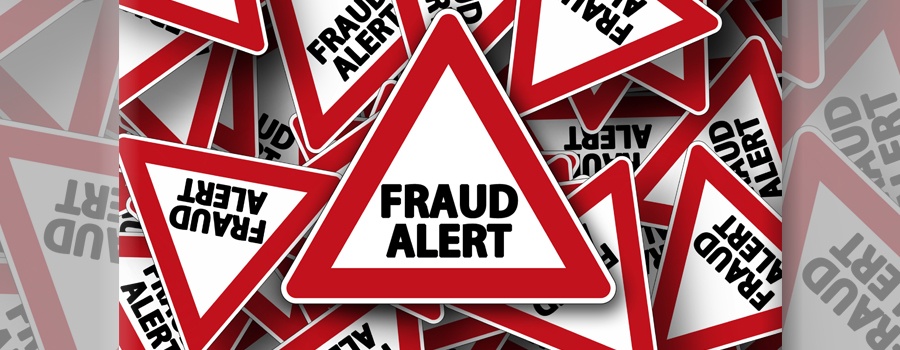Tag: scam
-

-

IRS: Watch Out for Dangerous W-2 Phishing Scam
WASHINGTON — The Internal Revenue Service, state tax agencies and the tax industry issued an urgent alert today to all employers that the Form W-2 email phishing scam has evolved beyond the corporate world and is spreading to other sectors, including school districts, tribal organizations and nonprofits. In a related development, the W-2 scammers are…
-

Alabama Power Warns of Power Scam
*Editor’s note: After being contacted by several physicians, we contacted Alabama Power for additional information concerning the resurgence of an old scam. The Medical Association is joining Alabama Power to warn customers about a new wave of an old scam. In this instance, scammers call from toll-free numbers claiming that the customer’s account is past…